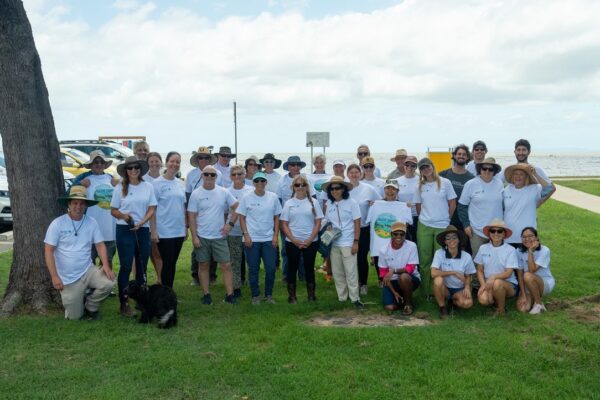Deb Kerr on why teens who want environmental action don't need to preach to the choir nor the critics.
Relief. That’s the first reaction I get from teenagers when I start explaining the choir, congregation and non-believer model—relief to be off the hook and no longer under pressure to persuade and convert someone who is clearly not ready to be an advocate for the environment.
Back in 2009, when I was at Shedd Aquarium, we asked Slover Linett Audience Research to take a look at how our outreach team was doing when they approached members of the public to ask them to take action for the Great Lakes. One result of that work is a great lesson I take with me whenever I talk to teens, teachers, educators and interpreters.
In every group of people, you will encounter three kinds of persons.
-
- The choir. These are folks who reflect your value system. They are already on board, passionate about the planet and taking action in their lives.
-
- The congregation. These people are interested in what you have to say. They may not know much about the issue, and they are ready to be persuaded. And this is the largest segment of those we will encounter! Here is the opportunity we message carriers have to bring someone on board and make a choir member.
- The non-believer. This person has some other issue that is blocking his or her receptivity to your message. Changing this person’s mind will take huge amounts of effort and ability, and will probably be unsuccessful anyway.
Here is the key: Focus on the congregation. When you encounter a non-believer, politely disengage yourself from the conversation as quickly as possible and move on to influence a congregation member!
Just two weeks ago when I spoke with Reid Park Zoo and Arizona Sonora Desert Museum teens, one of the Museum teens described an unpleasant encounter with a visitor, who was clearly a non-believer. The Museum teen—in fact, all the teens in the room—were relieved to know they don’t have to convert the non-believers. They can make more progress by influencing a congregation member.
At a recent Coastal America Student Summit, a teen from Texas asked me, What do I do with this guy in my class, who is always arguing with me about climate change? I answered, “Tell him to please be quiet while you talk to others in your class who ARE interested in what you have to say.”
A big smile spread across her face.



